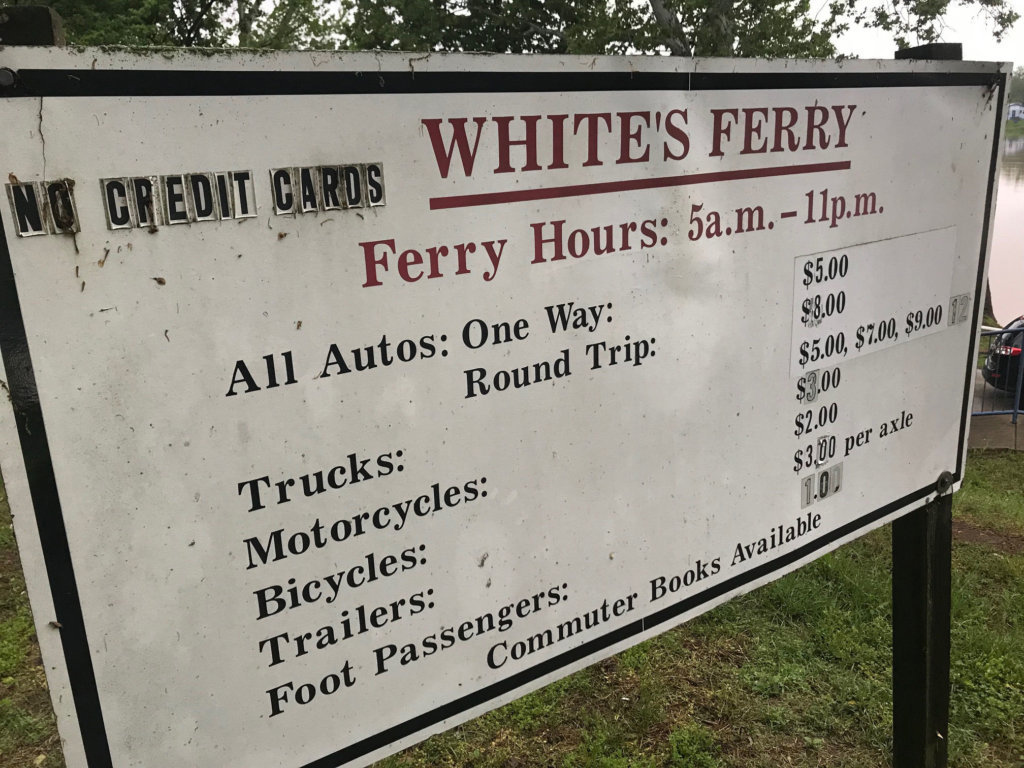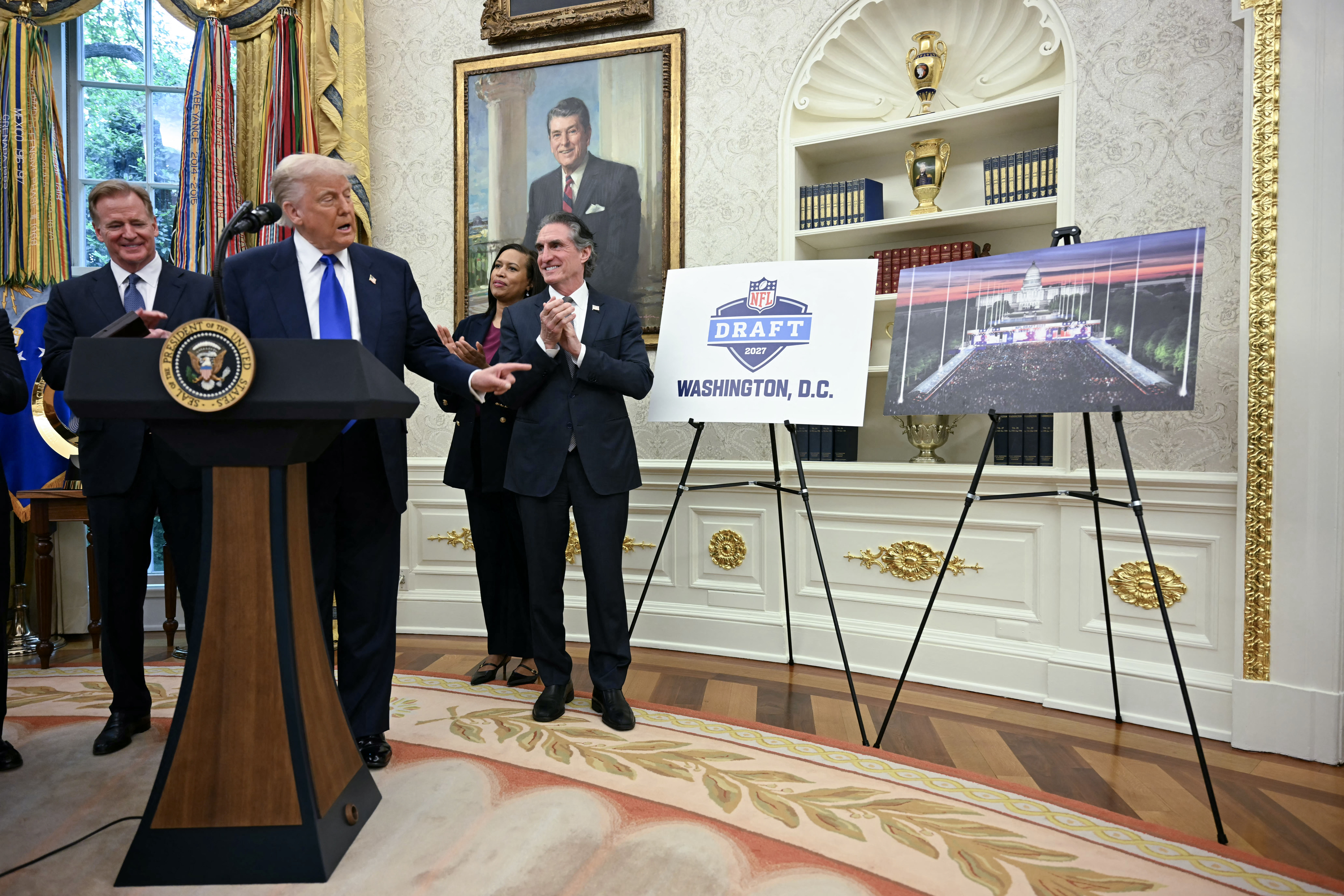
Chuck Kuhn, one of the largest landowners in Loudoun County, Virginia, and his wife, Stacy Kuhn, have reached an agreement to purchase White’s Ferry, with plans to revive the Potomac River commuter crossing.
The ferry ceased operation in December over a legal dispute between White’s Ferry Inc. and Rockland Farm LLC, where the ferry docks on the Virginia side of the river.
Chuck Kuhn said that he will be working with Peter Brown, the majority owner of Rockland Farm, to get the ferry reopened.
Kuhn finalized the purchase of White’s Ferry Inc. on Thursday. It includes the ferry, as well as the store and a portion of the Maryland shoreline where the ferry docks.
He plans repairs to the ferry and property immediately. The ferry suffered storm damage in December.
Financial terms of the deal weren’t immediately disclosed. It was an all-cash transaction.
The goal is to buy the Virginia land site or negotiate a permanent easement with Rockland Farm.
“White’s Ferry represents a piece of our region’s past as an early commerce route that built and sustained local economics and remains so today. This fits with my family’s interest in conserving land and history, as well as supporting business and the local communities,” Kuhn said in a statement.
Kuhn is founder and CEO of JK Moving Services, one of the largest independently-owned moving companies in the country. Kuhn’s family owns an estimated 10,000 acres in Loudoun County, including the nonprofit JK Community Farm, all of it in conservation easement.
White’s Ferry ceased operations in December after a judge’s decision in a decade-long court case brought by Rockland Farm that alleged the ferry had been trespassing on its land since the end of a licensing agreement in 2004.
Rockland Farm said in a statement in December that it had been working to reach an agreement to keep the ferry operating, and had proposed purchasing the business itself, but said White’s Ferry did not engage.
White’s Ferry, which carries commuters between Poolesville, Maryland, and Leesburg, Virginia, was carrying as many as 1,000 vehicles a day before the COVID-19 pandemic hit.








